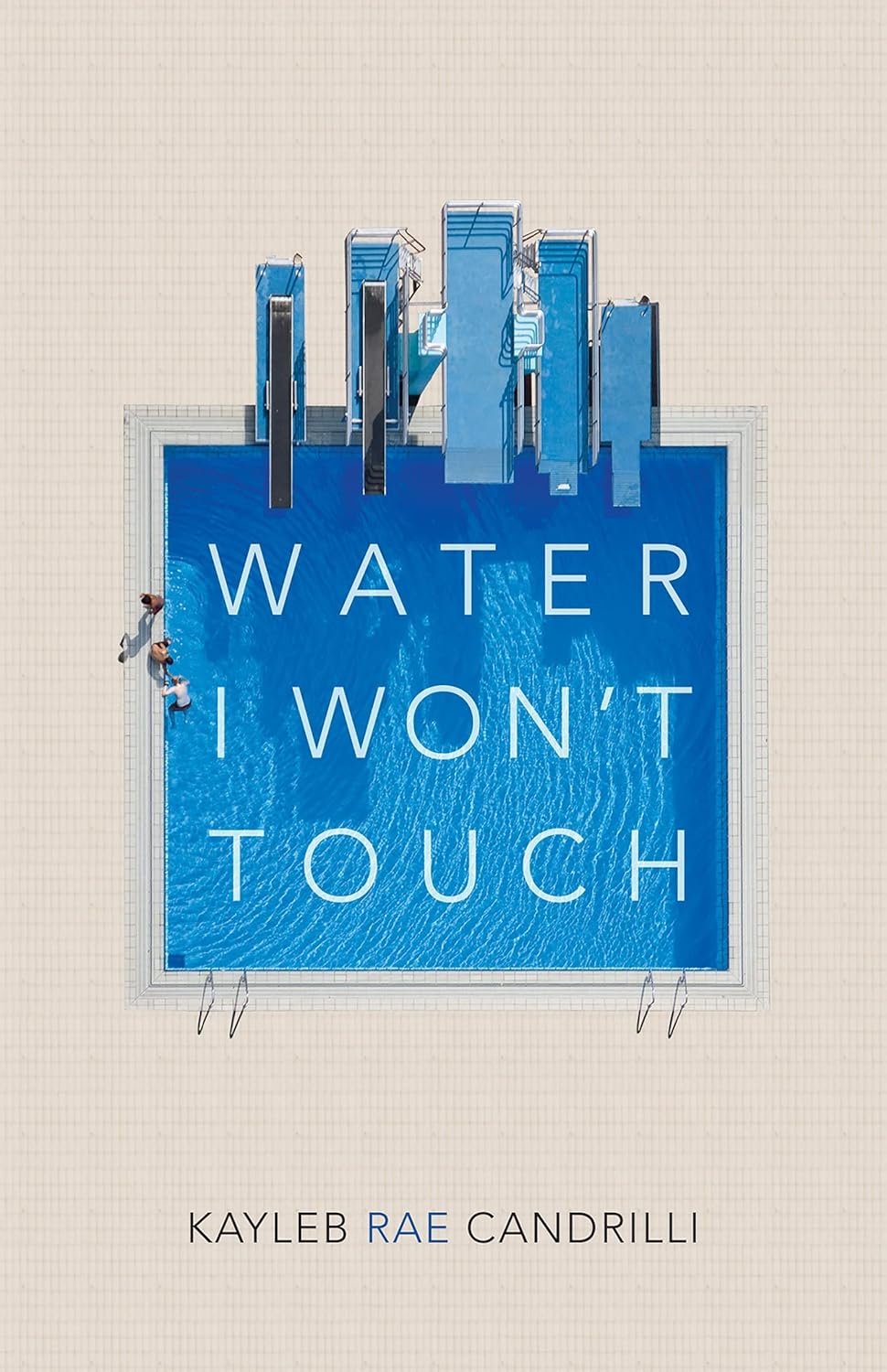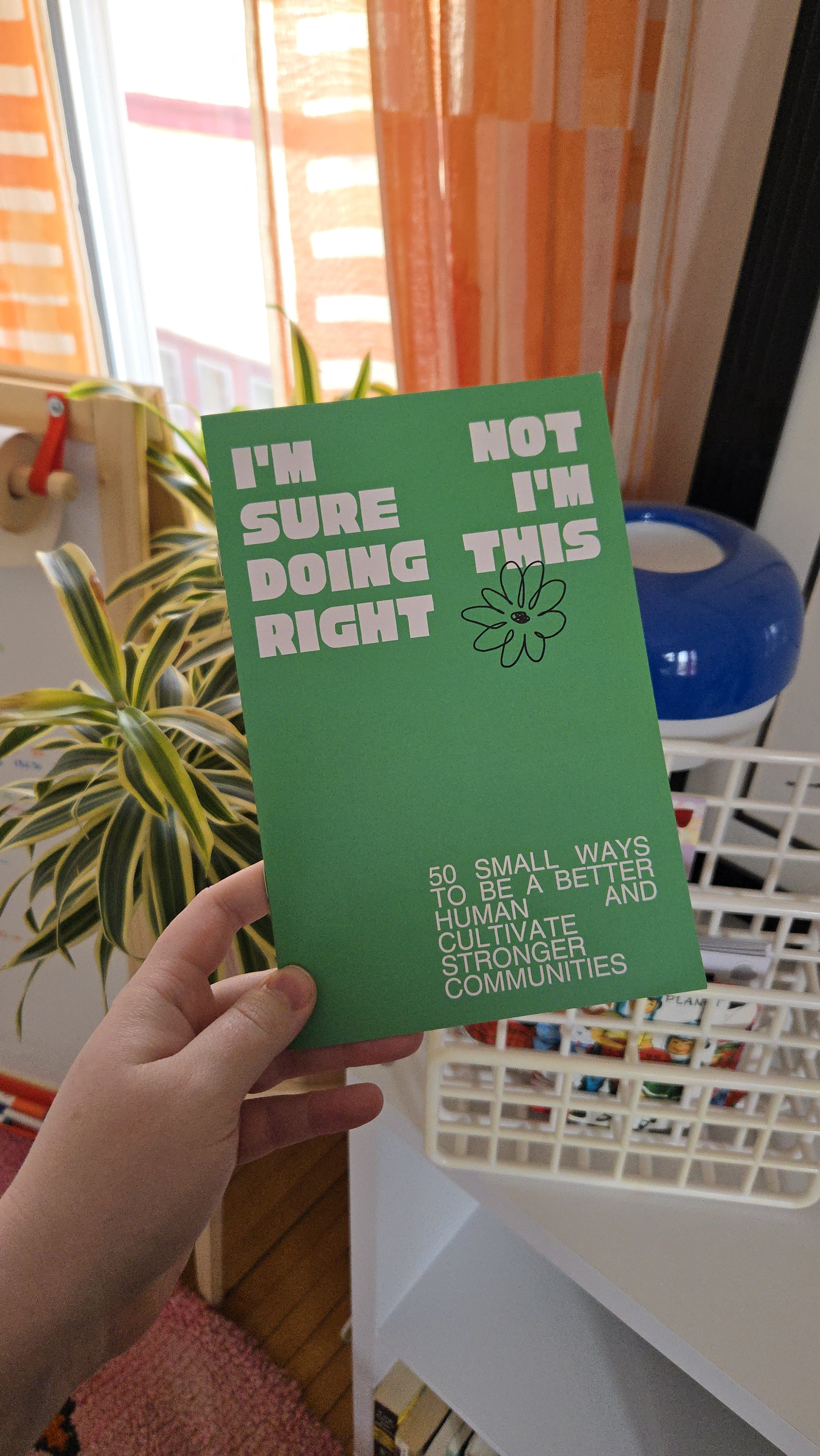 Image 1 of
Image 1 of


pH of Au
New condition, paperback
Through chemistry, alchemy, citizenship, and social connections, the speaker of pH of Au navigates location and displacement, physical and otherwise. A Brazilian, a Texan, a granddaughter, a periodically long-distance partner-through her various identities, some properties of gold manifest.
“In Vanessa Couto Johnson's pH of Au, alchemy is an art of both green and gold. Weaving between present and an ancestral past in Brazil's gold rush, losses can come from blames or be presaged by blood in the mouth. These poems are a prayer of fruits, a study of the self as a stranger, a slippery lyric mirror where gold can be both wound and repair.” -Traci Brimhall
"The animal who only wants // gold are some humans," Vanessa Couto Johnson writes in pH of Au, describing the impact of the Brazilian gold rush on her ancestors: colonialism, war, injury, death, and environmental destruction. With shimmering, fresh language, Johnson proposes the ephemeral as a more meaningful alternative to the insolubility and permanence of gold. Powerful, intangible memories fill the absences of a long-distance relationship, and the transient actions of cooking and eating represent the ultimate form of meaning-making. In pH of Au, Johnson beautifully reveals how all matter-whether a precious metal or a steaming bowl of ramen-is alive, charged with memories and connected to all other living things, their borders dissolved by the universal solvent of love. This stunning work proves that Johnson is nothing less than a modern-day alchemist, working golden miracles in her lines. -Alyse Knorr
New condition, paperback
Through chemistry, alchemy, citizenship, and social connections, the speaker of pH of Au navigates location and displacement, physical and otherwise. A Brazilian, a Texan, a granddaughter, a periodically long-distance partner-through her various identities, some properties of gold manifest.
“In Vanessa Couto Johnson's pH of Au, alchemy is an art of both green and gold. Weaving between present and an ancestral past in Brazil's gold rush, losses can come from blames or be presaged by blood in the mouth. These poems are a prayer of fruits, a study of the self as a stranger, a slippery lyric mirror where gold can be both wound and repair.” -Traci Brimhall
"The animal who only wants // gold are some humans," Vanessa Couto Johnson writes in pH of Au, describing the impact of the Brazilian gold rush on her ancestors: colonialism, war, injury, death, and environmental destruction. With shimmering, fresh language, Johnson proposes the ephemeral as a more meaningful alternative to the insolubility and permanence of gold. Powerful, intangible memories fill the absences of a long-distance relationship, and the transient actions of cooking and eating represent the ultimate form of meaning-making. In pH of Au, Johnson beautifully reveals how all matter-whether a precious metal or a steaming bowl of ramen-is alive, charged with memories and connected to all other living things, their borders dissolved by the universal solvent of love. This stunning work proves that Johnson is nothing less than a modern-day alchemist, working golden miracles in her lines. -Alyse Knorr
New condition, paperback
Through chemistry, alchemy, citizenship, and social connections, the speaker of pH of Au navigates location and displacement, physical and otherwise. A Brazilian, a Texan, a granddaughter, a periodically long-distance partner-through her various identities, some properties of gold manifest.
“In Vanessa Couto Johnson's pH of Au, alchemy is an art of both green and gold. Weaving between present and an ancestral past in Brazil's gold rush, losses can come from blames or be presaged by blood in the mouth. These poems are a prayer of fruits, a study of the self as a stranger, a slippery lyric mirror where gold can be both wound and repair.” -Traci Brimhall
"The animal who only wants // gold are some humans," Vanessa Couto Johnson writes in pH of Au, describing the impact of the Brazilian gold rush on her ancestors: colonialism, war, injury, death, and environmental destruction. With shimmering, fresh language, Johnson proposes the ephemeral as a more meaningful alternative to the insolubility and permanence of gold. Powerful, intangible memories fill the absences of a long-distance relationship, and the transient actions of cooking and eating represent the ultimate form of meaning-making. In pH of Au, Johnson beautifully reveals how all matter-whether a precious metal or a steaming bowl of ramen-is alive, charged with memories and connected to all other living things, their borders dissolved by the universal solvent of love. This stunning work proves that Johnson is nothing less than a modern-day alchemist, working golden miracles in her lines. -Alyse Knorr





